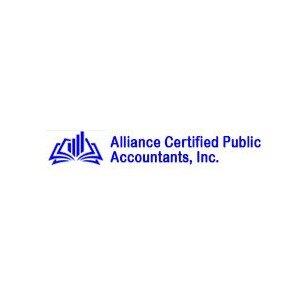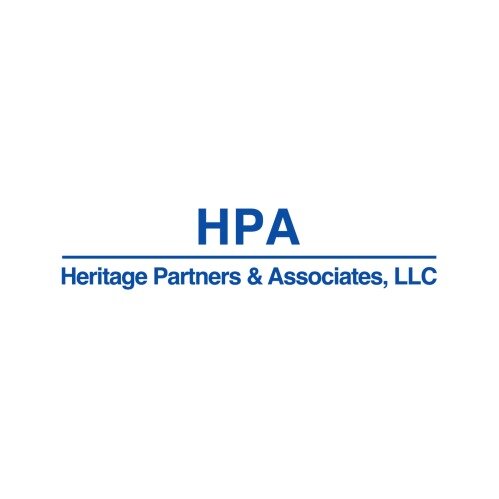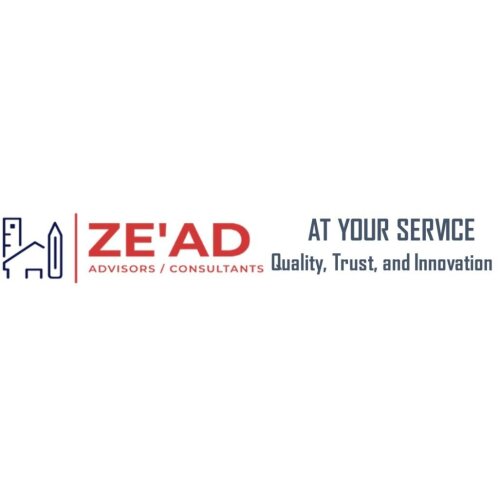Best Oil, Gas & Energy Lawyers in Liberia
Share your needs with us, get contacted by law firms.
Free. Takes 2 min.
Or refine your search by selecting a city:
List of the best lawyers in Liberia

Alliance Certified Public Accountants, Inc. (Alliance CPAs, Inc.)
15 minutes Free ConsultationAbout Oil, Gas & Energy Law in Liberia
Liberia is a country on the West African coast with rich natural resources. The potential for oil and gas exploration and production, as well as the development of other energy resources, makes the Legal framework in this sector crucial. Liberia's oil and gas industry is still in the developmental phase with significant prospects for growth and investment. The country’s energy sector is also expanding, with a focus on improving access to electricity and encouraging renewable energy solutions. Legal practice in this field encompasses various aspects including exploration, production, and environmental impact, making it a dynamic and significant area of law.
Why You May Need a Lawyer
There are numerous situations where individuals and businesses might require legal assistance in the field of Oil, Gas & Energy in Liberia:
- Contract Negotiation and Drafting: Whether engaging in exploration and production activities or establishing agreements with service providers, legal expertise is crucial in preparing and negotiating contracts.
- Regulatory Compliance: Ensuring adherence to applicable laws and regulations, such as environmental and safety standards, is crucial for operating in this sector.
- Dispute Resolution: Conflicts may arise over land use, environmental impacts, or contract breaches, necessitating legal intervention to resolve them.
- Licensing and Permits: Legal advice is necessary for acquiring the necessary licenses and permits to operate within the sector legally.
- Investment and Financing: Assistance in structuring deals, securing financing, and managing legal risks is often needed for successful investments.
Local Laws Overview
Several key aspects of Liberian law are particularly relevant to the Oil, Gas & Energy sector:
- The Petroleum Law: Regulates oil and gas exploration and production activities in Liberia. It provides guidelines for licensing, production sharing contracts, and the roles of various stakeholders.
- Environmental Protection and Management Law: This law focuses on the sustainable development of Liberia’s natural resources, including statutes for environmental assessments and impact mitigation plans.
- Investment Act: Governs foreign investments in Liberia, creating a framework for investment protection and incentives in various sectors, including energy.
- The National Energy Policy: Aims to increase energy access across Liberia, promoting clean energy and instituting regulatory reforms.
Frequently Asked Questions
What is the role of the National Oil Company of Liberia (NOCAL)?
NOCAL is responsible for the oversight and management of Liberia's oil and gas resources. It regulates the sector and facilitates exploration and production contracts with private companies.
How do I obtain a license for oil exploration in Liberia?
To obtain an exploration license, you must submit an application to the relevant regulatory body, complying with the guidelines set by the Petroleum Law. Legal advice can be crucial in navigating this process.
Are there any incentives for renewable energy investments in Liberia?
Yes, the National Energy Policy encourages renewable energy projects, offering various incentives and support for investments in this area.
What environmental regulations must oil and gas companies comply with in Liberia?
Companies must adhere to the Environmental Protection and Management Law, which requires environmental assessments, sustainable practices, and compliance with pollution control measures.
Can foreign companies own natural resources in Liberia?
Foreign companies generally cannot own natural resources directly. They can, however, acquire rights to explore and produce resources through licenses and contracts approved by the government.
How is land acquired for energy projects in Liberia?
Acquiring land typically involves negotiations with landowners and may require compliance with laws related to land use and acquisition. Legal assistance can help manage these complexities.
What are the taxation laws for oil and gas companies in Liberia?
The taxation of oil and gas companies includes corporate income tax, royalties, and other taxes specific to resource extraction. Consulting a legal expert is essential to understand these obligations.
How does Liberia ensure energy accessibility to its citizens?
The National Energy Policy seeks to improve energy accessibility through infrastructure development, promoting public and private investment, and encouraging renewable energy solutions.
What are Production Sharing Contracts?
These are agreements between the state and an oil company, where the company bears the exploration risks and costs, while the resources produced are shared, often with the state having a larger share.
Is there a legal framework for handling oil spills in Liberia?
Yes, Liberia's environmental laws and regulations provide guidelines for preventing and responding to oil spills, including mandatory plans and assessments.
Additional Resources
Consider contacting the following resources for more information and assistance:
- National Oil Company of Liberia (NOCAL): The regulatory body for oil and gas.
- Environmental Protection Agency (EPA) of Liberia: Oversees environmental laws and regulations.
- Liberia Chamber of Commerce: Provides support and information for businesses, including those in the energy sector.
- Ministry of Mines and Energy: Governing body for issues related to mines and energy resources.
Next Steps
If you find yourself needing legal advice in the Oil, Gas & Energy sector in Liberia, consider taking the following steps:
- Consult with a Legal Expert: Engage with a lawyer who specializes in Oil, Gas & Energy law in Liberia to gain a clear understanding of your rights and responsibilities.
- Research Relevant Laws: Familiarize yourself with local legislation and regulatory requirements, possibly with the help of a legal advisor for complex issues.
- Evaluate Contractual Agreements: Have an attorney review any existing or proposed contracts or agreements to ensure they protect your interests.
- Plan for Compliance: Work with an expert to develop strategies that ensure compliance with local laws and regulations, avoiding potential legal complications.
Securing competent legal assistance can be vital for successfully navigating the complexities of the Oil, Gas & Energy industry in Liberia.
Lawzana helps you find the best lawyers and law firms in Liberia through a curated and pre-screened list of qualified legal professionals. Our platform offers rankings and detailed profiles of attorneys and law firms, allowing you to compare based on practice areas, including Oil, Gas & Energy, experience, and client feedback.
Each profile includes a description of the firm's areas of practice, client reviews, team members and partners, year of establishment, spoken languages, office locations, contact information, social media presence, and any published articles or resources. Most firms on our platform speak English and are experienced in both local and international legal matters.
Get a quote from top-rated law firms in Liberia — quickly, securely, and without unnecessary hassle.
Disclaimer:
The information provided on this page is for general informational purposes only and does not constitute legal advice. While we strive to ensure the accuracy and relevance of the content, legal information may change over time, and interpretations of the law can vary. You should always consult with a qualified legal professional for advice specific to your situation.
We disclaim all liability for actions taken or not taken based on the content of this page. If you believe any information is incorrect or outdated, please contact us, and we will review and update it where appropriate.
Browse oil, gas & energy law firms by city in Liberia
Refine your search by selecting a city.











